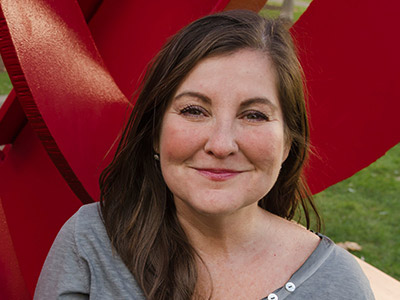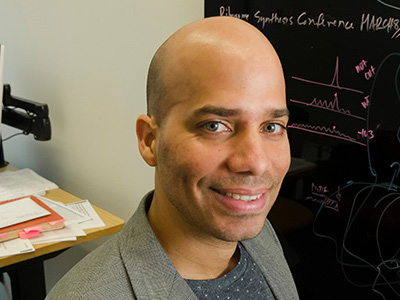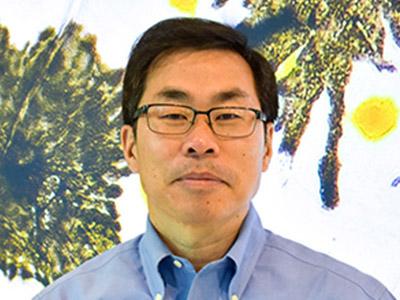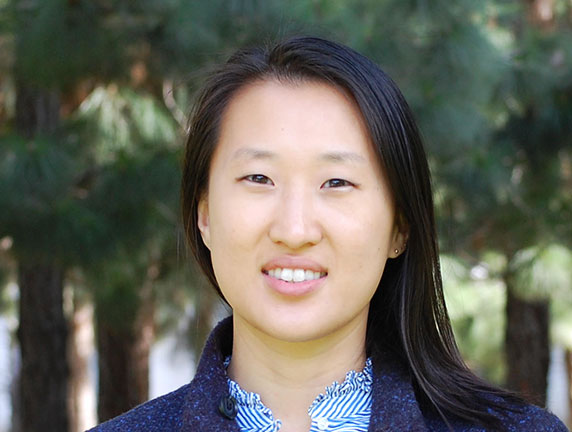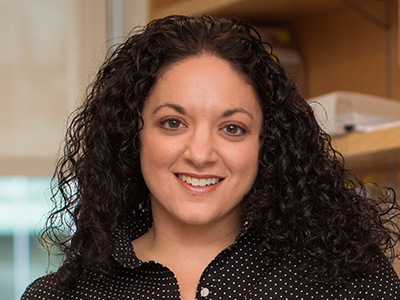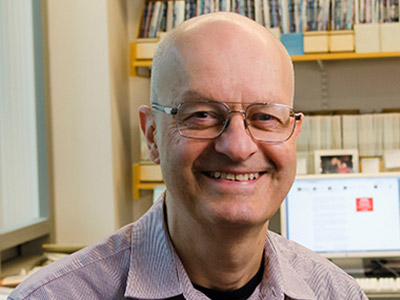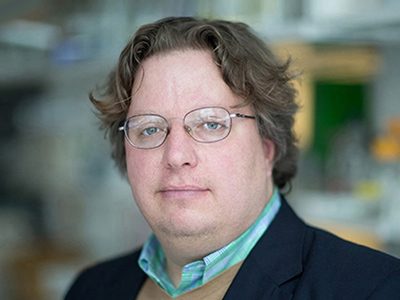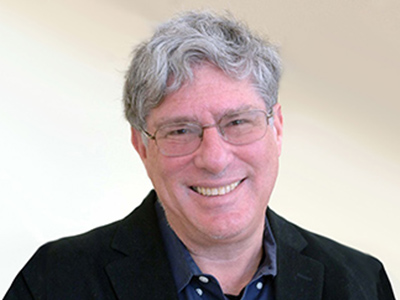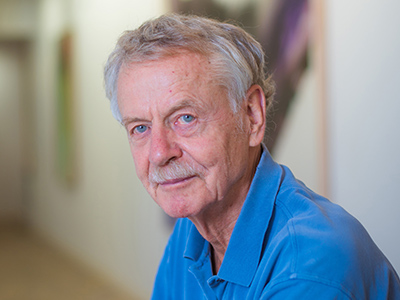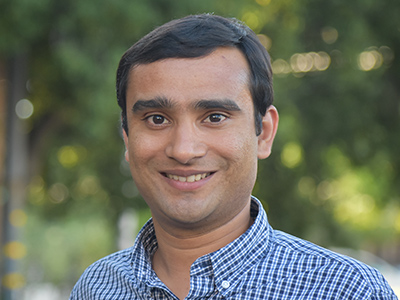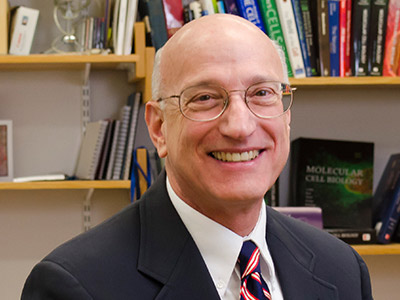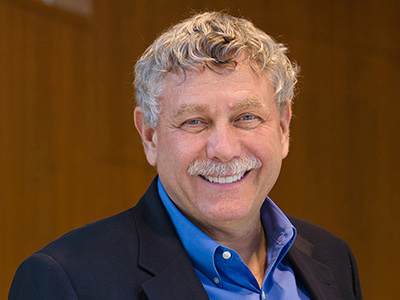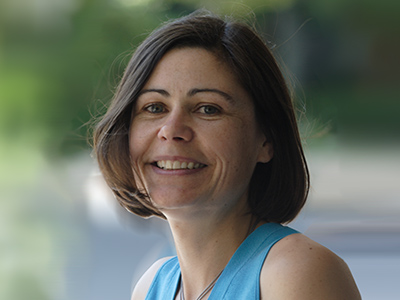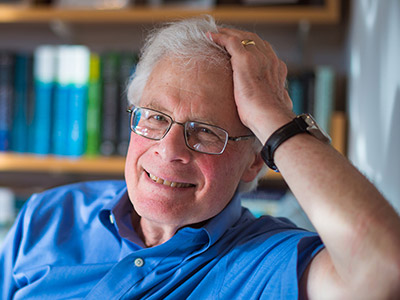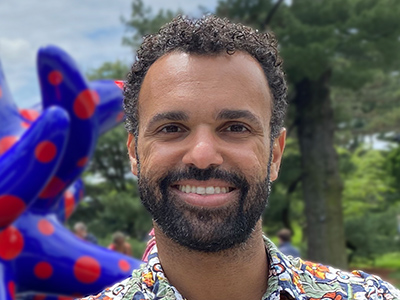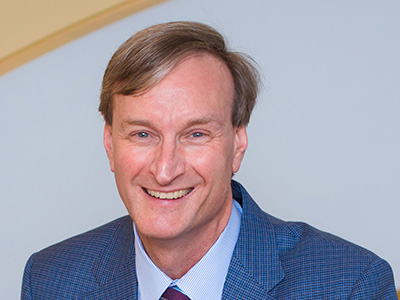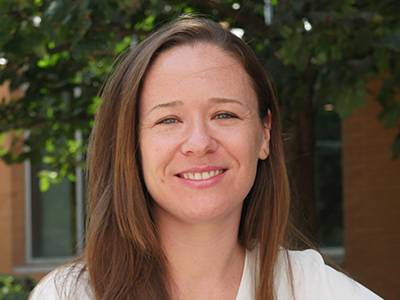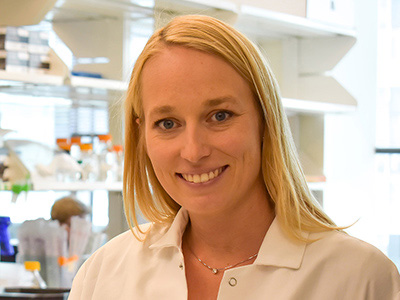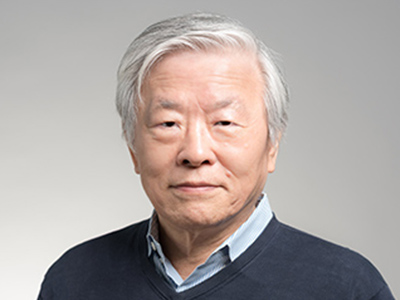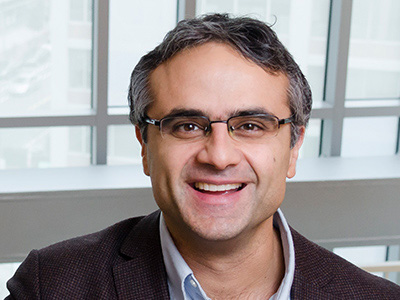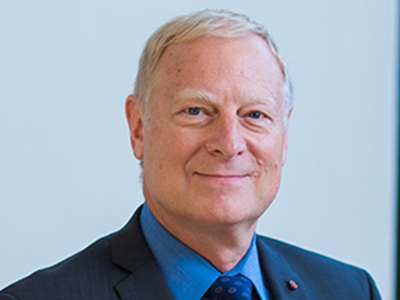Laurie A. Boyer
Co-Undergrad Officer
Laurie A. Boyer investigates the gene regulatory mechanisms driving cardiac cell fate, and how faulty regulation impacts regeneration and disease.
Eliezer Calo studies how cells build ribosomes and how dysfunction in ribosome biogenesis and function leads to tissue-specific developmental disorders and cancer.
Jianzhu Chen studies the immune system, harnessing the body’s defense force to explore treatment and prevention for cancer, as well as metabolic and infectious diseases.
Erin Chen studies how the microbes in our bodies educate our immune systems, in order to engineer microbial therapeutics for human disease.
Olivia Corradin investigates the genetic and epigenetic changes in gene regulatory elements that influence human disease.
Leonard P. Guarente looks at mammal, mouse, and human brains to understand the genetic underpinning of aging and age-related diseases like Alzheimer’s.
Michael T. Hemann uses mouse models to combat cancers resistant to chemotherapy.
David Housman studies the biological underpinnings of diseases like Huntington’s, cancer, and cardiovascular disease.
Rudolf Jaenisch uses pluripotent cells (ES and iPS cells) to study the genetic and epigenetic basis of human diseases such as Parkinson’s, Alzheimer’s, autism and cancer.
Ankur Jain investigates the role of RNA self-assembly in cellular organization and neurodegenerative disease.
Monty Krieger studies cell surface receptors and cholesterol and their impact on normal physiology and diseases, such as heart disease and infertility.
Eric S. Lander is interested in every aspect of the human genome and its application to medicine.
Jacqueline Lees develops mouse and zebrafish models, identifying the molecular pathways leading to tumor formation.
Before closing his lab, Harvey F. Lodish studied the development of red blood cells and the use of modified red cells for the introduction of novel therapeutics into the human body, as well as the development of brown and white fat cells.
Hernandez Moura Silva seeks to understand how the immune system supports tissue physiology to unveil new approaches to treat human diseases.
David C. Page examines the genetic differences between males and females — and how these play out in disease, development, and evolution.
Sara Prescott investigates how sensory inputs from within the body control mammalian physiology and behavior.
Stefani Spranger studies how the body’s immune system interacts with growing tumors to harness the immune response to fight cancer.
Susumu Tonegawa investigates the biological underpinnings of learning and memory in rodents.
Omer H. Yilmaz explores the impact of dietary interventions on stem cells, the immune system, and cancer within the intestine.
Richard A. Young explores how and why gene expression differs in healthy versus diseased cells.

